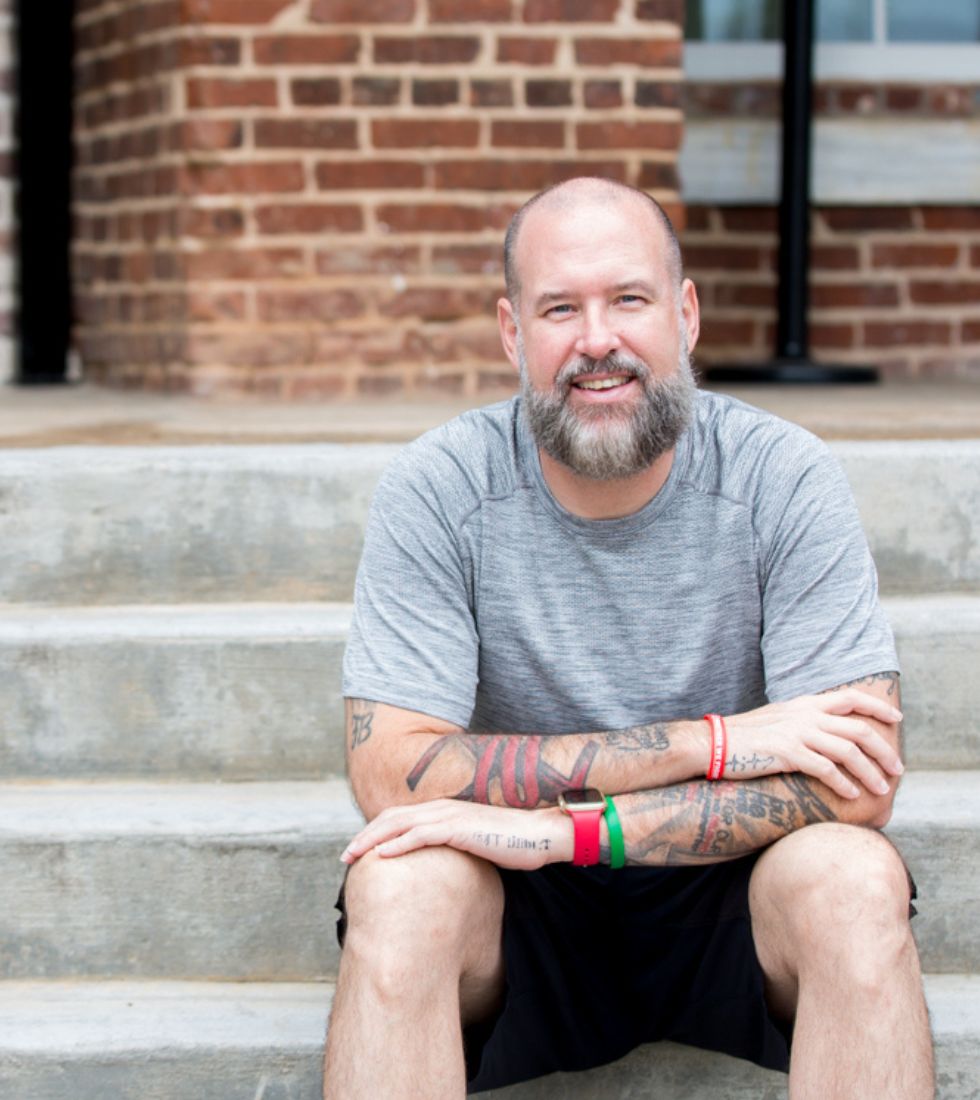7 Ways Consuming Too Much Alcohol Increases Anxiety
Anyone who’s suffered from anxiety knows how intense and scary it can feel. Tightness in the chest, sweating, helplessness, panic, and dizziness are just a few of the overwhelming symptoms.
The stress of anxiety is especially exacerbated when we drink alcohol to cope. Ironically, alcohol can cause anxiety, and anxiety pushes (some) alcohol users to drink. There’s no doubt alcohol makes anxiety worse. In fact, it usually makes everything worse and isn’t an effective way to deal with any of life’s woes.
Studies have shown that drinking and hangovers increase anxiety levels in a variety of ways, including the six areas below:
1. Drop-in Blood Sugar
A drop in blood sugar can cause dizziness, confusion, weakness, nervousness, shaking, and numbness. These symptoms can most certainly trigger a bout of anxiety.
2. Dehydration
Lack of appropriate water consumption has been known to cause nausea, dizziness, fatigue, light-headedness, and muscle weakness. These symptoms wouldn’t necessarily cause anxiety but they add to a sense of illness which fosters anxiety.
A counselor once told me that people sometimes drink alcohol, not because they want to take the edge off, but because they are actually thirsty. Alcohol tricks us into thinking we aren’t thirsty. Try reaching for a glass of water first, instead of some booze, and see if it helps.
3. Low Mood
Drinking can temporarily boost serotonin levels, which make you feel happy in the short term. In the long term, excess alcohol lowers serotonin levels, which can either cause or accentuate depression.
People with anxiety are up to three times more likely to have an alcohol problem or other substance abuse than people without anxiety. Remember how you feel the day after a hard night of drinking? It usually isn’t a fun time and leads to depressed feelings.
4. Poor Concentration
A hard night of drinking can also make you hazy, bring on headaches, and create a sense of disorientation. Probably no need for concern if you’re going to have a glass of wine with dinner, but if you’re a heavy drinker or binge drinker, this could cause a real problem for you.
5. Nervous System
The nervous system is affected because, in order for the body to fight off the sedative effects of alcohol, it puts the body into a state of hyperactivity in order to counteract this effect. This hyperactivity can lead to shaking, light/sound sensitivity, and sleep deprivation.
6. Heart Rate
Your heart rate can become elevated as a result of consuming alcohol which can cause a palpitation false alarm and put you into a state of anxious anticipation. Is it a heart attack or is it you might ask. This “what if” questioning can increase your general state of anxiety.
7. Health problems
In addition to anxiety, drinking to excess could result in high blood pressure, heart and liver disease, digestive problems like Gerd, and even osteoporosis in women because alcohol weakens the bones.
Some tips: It may sound obvious, but eat a meal before drinking, drink water in between drinks, and stay in bed if you are hungover to avoid the problems outlined above. This is an obvious tip, but don’t drink and drive. The Centers for Disease Control has found that people who get pulled over for their first DUI have on average driven drunk at least 80 times before their arrest. Whoa.
Some would say that maybe you shouldn’t drink at all if you have an anxiety disorder. Do you think that alcohol should be avoided at all costs when someone has an anxiety disorder?
For those who can handle their liquor, alcohol doesn’t necessarily need to be avoided entirely. Moderation and good sense should be your guide. However, if you know for a fact that alcohol makes you anxious, just don’t do it.
Need help dealing with your anxiety? Contact me:

Somatic coach (therapist) in Canton, GA, and Worldwide Life Coach dedicated to inspiring and assisting people worldwide through candid conversations about anxiety. Having personally battled general anxiety, panic disorder, and OCD, I understand the daily challenges those grappling with anxiety face. My journey involved searching for the right therapist, medication, and natural supplements and undergoing various tests. It was only after deciding to reclaim my life that I finally overcame anxiety’s hold. I’m passionate about helping others conquer their struggles and discover their life purpose.

